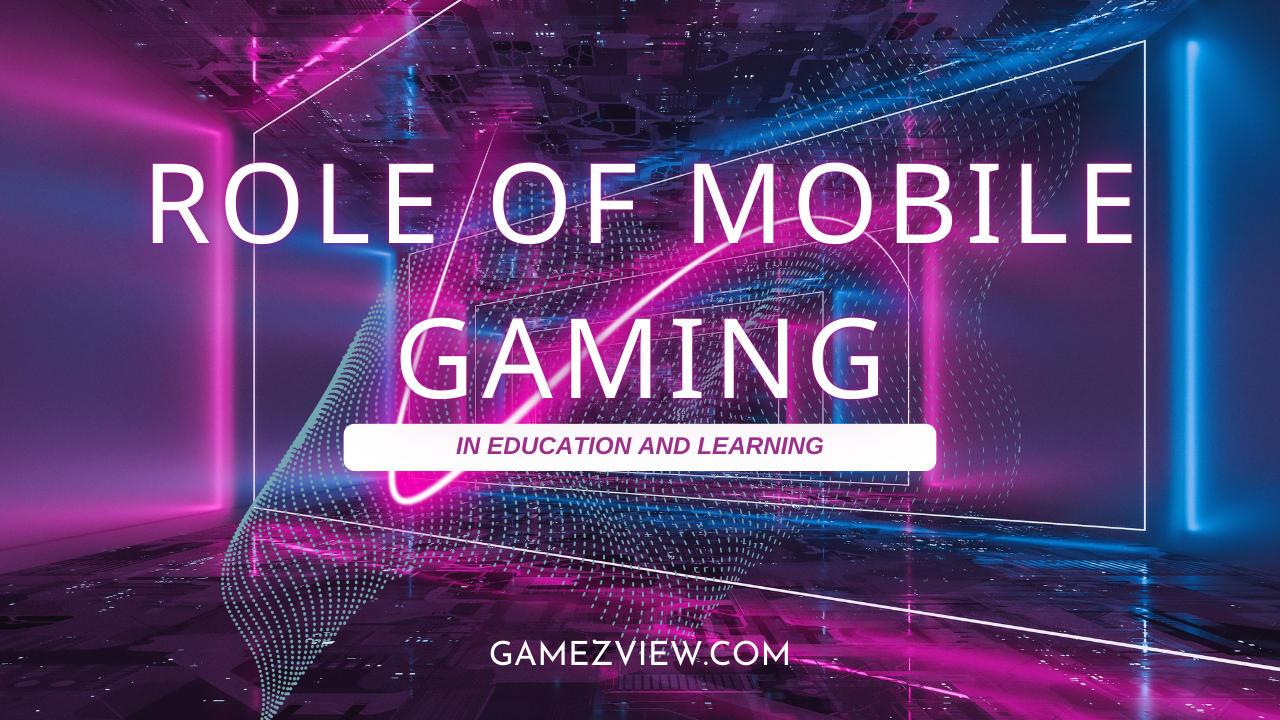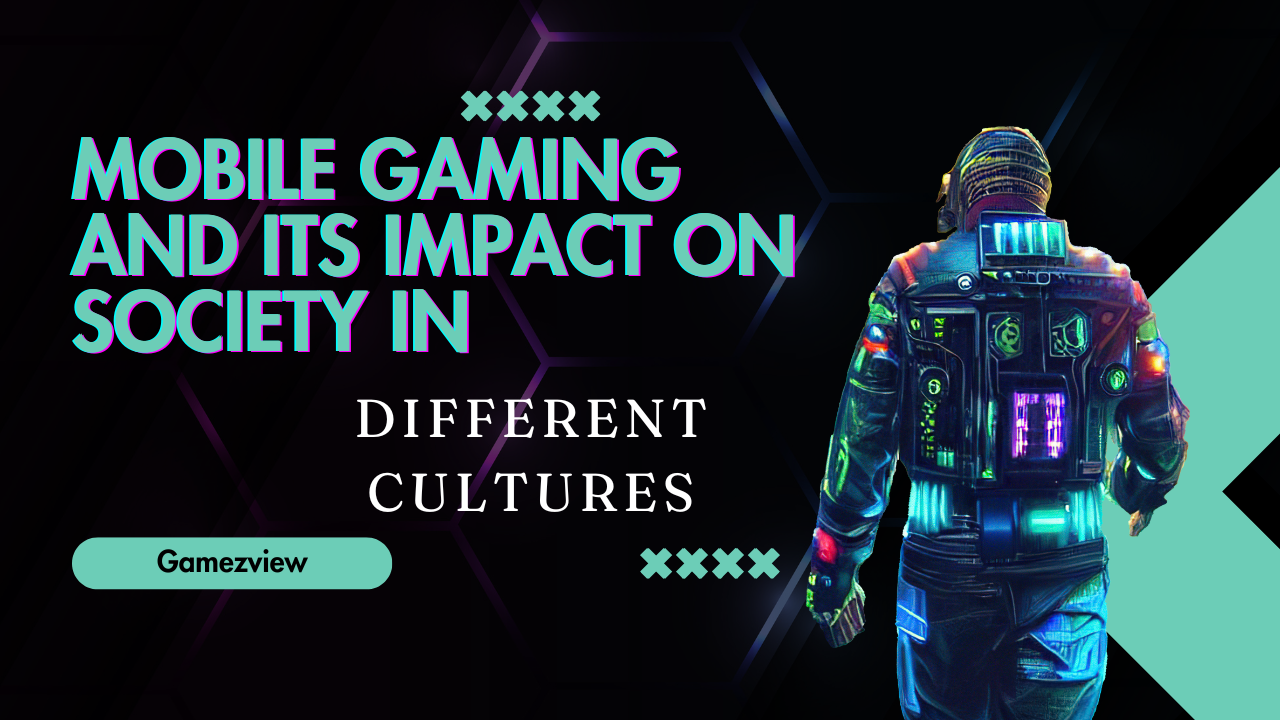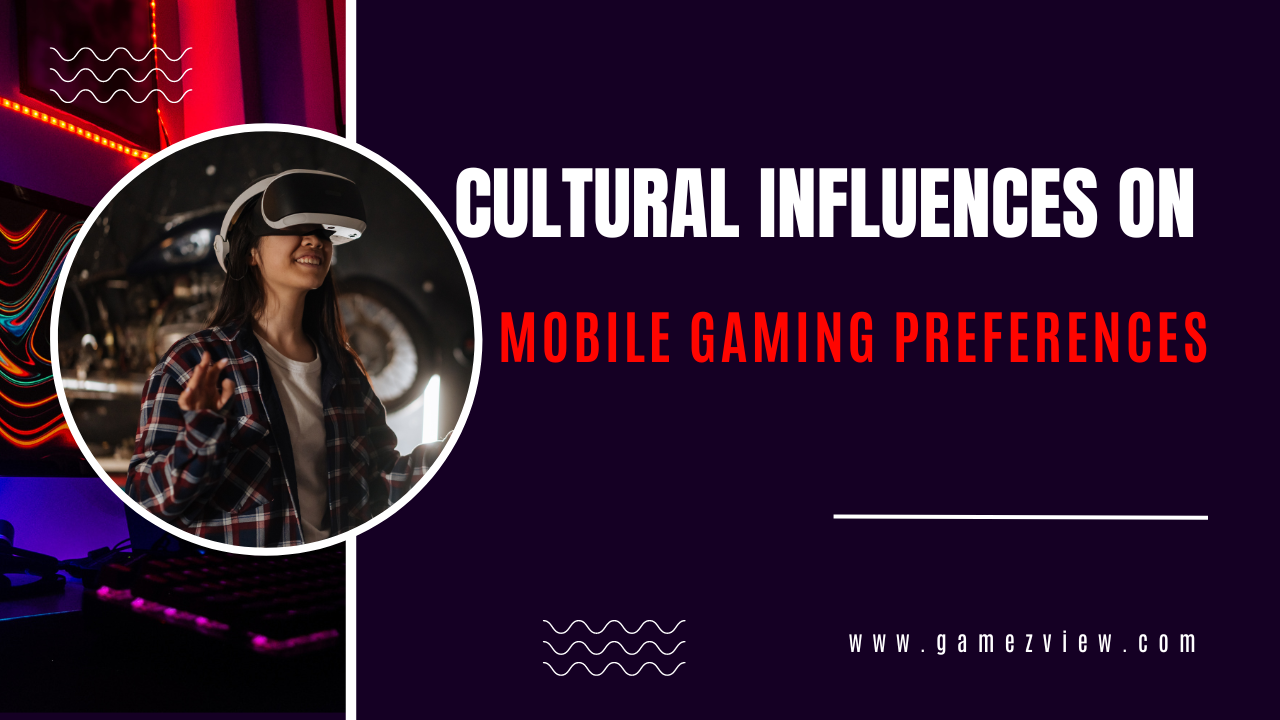Mobile gaming has rapidly evolved from being a source of entertainment to becoming a powerful tool in education and learning. With advancements in technology, mobile games now offer interactive and engaging experiences that can enhance cognitive abilities, foster creativity, and facilitate a deeper understanding of various subjects. This article explores the significant role mobile gaming plays in modern education, the benefits it provides, and practical ways to integrate it into learning environments.
Introduction
The integration of technology in education has transformed traditional learning methods, making education more interactive and accessible. Mobile gaming, in particular, has emerged as an innovative educational tool that combines fun with learning. Through gamification, mobile games can motivate students, making learning more engaging and effective.
Benefits of Mobile Gaming in Education
1. Enhanced Engagement
Mobile games capture students’ attention and keep them engaged through interactive content and compelling storylines. This engagement is crucial for retaining information and fostering a love for learning.
2. Interactive Learning
Games provide interactive experiences that traditional textbooks cannot. They offer simulations, problem-solving scenarios, and hands-on activities that help students understand complex concepts through practical application.
3. Immediate Feedback
Mobile games often include instant feedback mechanisms, allowing students to learn from their mistakes in real time. This immediate feedback helps in reinforcing learning and improving skills.
4. Personalized Learning
Many educational games adapt to the learner’s pace and level, offering personalized challenges that cater to individual needs. This personalized approach ensures that each student can progress at their speed.
5. Development of Critical Skills
Mobile games can develop a range of critical skills, including:
- Cognitive Skills: Problem-solving, critical thinking, and spatial awareness.
- Motor Skills: Hand-eye coordination and fine motor skills through touch-based interactions.
- Social Skills: Collaboration and communication in multiplayer games or team-based challenges.
Types of Educational Mobile Games
1. Puzzle and Logic Games
Puzzle and logic games, such as Sudoku and chess, or coding games like Lightbot, enhance critical thinking and problem-solving skills. These games require strategic thinking and planning, which are essential cognitive skills.
2. Language Learning Games
Apps like Duolingo and Memrise use gamification to teach new languages. These games incorporate interactive lessons, quizzes, and rewards to make language learning fun and effective.
3. Math and Science Games
Games like Prodigy Math and DragonBox Algebra help students grasp mathematical concepts through engaging puzzles and challenges. Science games like Solar Walk and BrainPOP offer interactive experiences to explore scientific concepts and phenomena.
4. History and Geography Games
Games like Civilization VI and Geoguessr make learning history and geography interactive and enjoyable. These games involve strategy and exploration, providing historical context and geographic awareness.
5. Simulation and Role-Playing Games
Simulation games like SimCity and role-playing games (RPGs) such as Minecraft: Education Edition allow students to create, experiment, and learn about various subjects through immersive experiences.
Practical Ways to Integrate Mobile Gaming into Education
1. Curriculum Integration
Teachers can integrate educational games into their curriculum to complement traditional teaching methods. For example, math teachers can use math games to reinforce concepts taught in class.
2. Homework and Assignments
Assigning educational games as homework can make learning enjoyable outside the classroom. Games can serve as supplementary tools to practice and review topics covered in lessons.
3. Gamified Assessments
Using games for assessments can provide a less stressful and more engaging way to evaluate student understanding. Gamified assessments can include quizzes, interactive challenges, and simulations.
4. Collaborative Learning
Encouraging students to play multiplayer educational games promotes teamwork and communication. Group activities in games can help develop social skills and foster a collaborative learning environment.
5. Professional Development for Teachers
Providing training for teachers on how to effectively incorporate mobile games into their teaching strategies can enhance the learning experience. Professional development programs can introduce teachers to various educational games and their potential applications in the classroom.
Challenges and Considerations
While mobile gaming offers numerous benefits, there are challenges and considerations to keep in mind:
1. Screen Time Management
Excessive screen time can have negative effects on students’ health and well-being. It’s important to balance gaming with other educational activities and ensure regular breaks.
2. Content Quality and Relevance
Not all games are created equal. Educators should carefully select games that are educational, age-appropriate, and aligned with learning objectives.
3. Access and Equity
Access to mobile devices and reliable internet can be a barrier for some students. Schools and educators should strive to provide equal opportunities for all students to benefit from mobile gaming.
4. Parental Involvement
Parents should be involved in their children’s gaming activities to ensure they are playing educational games and to help reinforce learning at home.
Research and Evidence
Numerous studies support the positive impact of mobile gaming on education:
1. Academic Research
A study published in the Journal of Educational Psychology found that students who used educational games showed significant improvements in motivation and academic performance compared to those who did not.
2. Case Studies
Schools that have implemented mobile gaming in their curriculum report higher student engagement and improved learning outcomes. For example, a case study from a school district in California showed that students using math games performed better in standardized tests.
3. Expert Opinions
Educational experts and psychologists often advocate for the use of gamification in learning, citing benefits such as increased engagement, improved retention, and the development of critical skills.
Mobile gaming is revolutionizing education by making learning interactive, engaging, and fun. By integrating educational games into the curriculum, educators can enhance student engagement, personalize learning, and develop essential skills. However, it is crucial to balance gaming with traditional educational methods and manage screen time effectively. As technology continues to advance, the potential for mobile gaming in education will only grow, offering innovative ways to enrich the learning experience for students of all ages.



